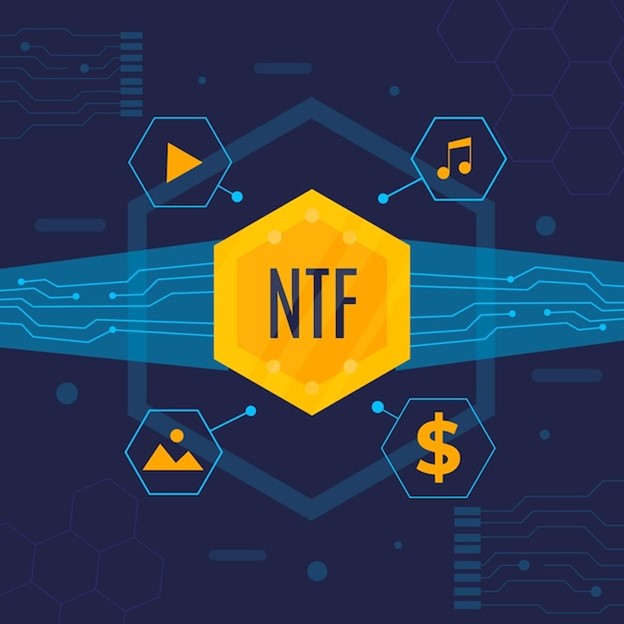Non-fungible tokens (NFTs) have taken the cryptocurrency world by storm, ushering in a new era of digital ownership and creativity. NFTs are unique digital assets that represent ownership or proof of authenticity of a particular item, whether it’s artwork, music, collectibles, or virtual real estate. In this article, we will explore the emergence of NFTs and their impact on the crypto space.
Understanding Non-Fungible Tokens (NFTs):
Unlike cryptocurrencies such as Bitcoin or Ethereum, which are fungible and can be exchanged on a one-to-one basis, NFTs are indivisible and unique. Each NFT has a distinct value and properties that set it apart from other tokens. NFTs are typically built on blockchain technology, with the most popular being Ethereum’s ERC-721 and ERC-1155 standards.
The Impact of NFTs on the Crypto Space:
- Digital Ownership and Authenticity: NFTs have revolutionized the concept of digital ownership. With NFTs, individuals can prove ownership of a specific digital asset, providing a secure and transparent way to verify the authenticity and provenance of digital content. This has significant implications for artists, creators, and collectors, as it allows them to monetize and protect their digital creations.
- Empowering Artists and Creators: NFTs have opened up new opportunities for artists and creators to monetize their work directly, without relying on traditional intermediaries. By tokenizing their creations as NFTs, artists can sell their artwork, music, or other digital assets, retain control over the distribution, and receive royalties from future sales. This shift in the paradigm of creative ownership has the potential to reshape the art industry and empower artists on a global scale.
- New Revenue Streams: NFTs have unlocked alternative revenue streams for content creators, including musicians, writers, gamers, and influencers. Through the sale of NFTs, creators can generate income from their unique digital content, merchandise, virtual goods, and even virtual real estate. This allows for direct interaction and support from fans and enthusiasts, fostering stronger connections and economic opportunities.
- Tokenization of Real-World Assets: NFTs have expanded beyond the digital realm, enabling the tokenization of real-world assets. Physical assets, such as real estate, luxury goods, or even intellectual property rights, can be represented as NFTs, providing fractional ownership, liquidity, and ease of transfer. This has the potential to democratize access to traditionally illiquid assets and open up new investment opportunities.
- Gaming and Virtual Economies: NFTs are playing a pivotal role in the development of virtual economies within video games and virtual reality platforms. Gamers can purchase, trade, and sell in-game items, characters, and virtual real estate as NFTs, creating vibrant and decentralized virtual economies. This gives players true ownership and the ability to monetize their in-game achievements and possessions.
Challenges and Future Outlook:
While the emergence of NFTs has been met with excitement and enthusiasm, several challenges and considerations need to be addressed. These include concerns about environmental sustainability due to the energy consumption of blockchain networks, issues of copyright infringement, and the need for regulatory clarity in relation to tokenized assets and intellectual property rights.
Looking ahead, the future of NFTs appears promising. As the technology evolves, we can expect improvements in scalability, interoperability, and user experience. Additionally, as more industries recognize the potential of NFTs, we are likely to see increased adoption and integration of NFTs into various sectors, including art, entertainment, finance, and beyond.
Non-fungible tokens have revolutionized digital ownership and created new possibilities for artists, creators, and collectors. By providing proof of authenticity, enabling direct monetization, and tokenizing real-world assets, NFTs have brought about a paradigm shift in the way we perceive and interact with digital content. While challenges exist, the future of NFTs looks bright, with potential applications in various industries and the continued exploration of the technology’s capabilities. As the crypto space evolves, NFTs are likely to play a vital role in shaping the digital economy and empowering individuals in the digital age.










